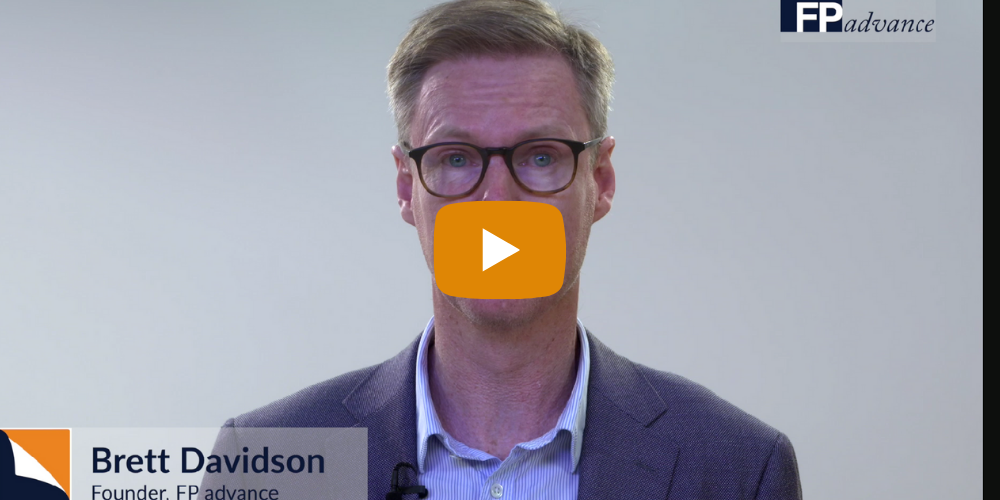In their Harvard Business Review article, Building A Startup That Will Last, Hemant Taneja and Ken Chenault challenge the mantra that has guided fast-growth tech startups.
Taneja and Chenault outline a few tenets on how to build a business that will last for the long-term. You might recognise them.
1. Focus on societal impact
When I’m working with business owners on creating a business plan, one thing I ask them to create is a vision of their company in the future.
Usually, the first thing people write down is a larger turnover number. But that’s not what I’m looking for.
If money is your motivator, it’s fine. But for most of us, money isn’t the thing that makes us get out of bed and hit it hard every day. And even if money is your motivator, you’ll struggle to attract quality staff to a mission focused on making you rich.
Most business owners want to make a difference or leave a legacy. That’s the theme that comes back to me time and time again as I talk to owners about their vision.
So when you think about your financial planning business, start thinking about the impact you can have on your local community, your region or your country.
In the changing business environment we find ourselves in, there’s plenty of space for new ideas, new approaches and serving of new markets.
When you ask yourself, “Who do I serve?” you open up the door to making a societal impact.
2. Be ready for the second and third act
Times change and so must you and your business. Just because your business or business model was dominant for a long time is no guarantee of future success.
We’re at this point right now in financial services I believe.
Serving the ‘at retirement’ market has been the bedrock of the financial planning profession. We’re approaching the end of the demographics that drove the success of that approach and some firms are already well down the road creating models that serve more than the top 7%-9% of the population.
If you’re building a business for the next 50 years, it’s going to look different to those that succeeded in the last 50.
We know this, but changing and re-inventing ourselves is tough. Sometimes it’s easier to keep doing what works and hope we can find a buyer when we’re ready to exit.
Yet the great firms are not thinking like that. They’re looking at new markets, running business experiments and trying to find the formula that will take them into act two or act three of their business career.
3. Move beyond the founder
For most startups, decision-making falls to the founder or a small team of initial leaders. Yet to succeed and endure, decision-making has to move away from the founder/s.
In most small businesses, everything eventually comes back through the business owner, so they become the bottleneck.
If you want your people to grow and develop you need to start giving them more scope to make and own decisions. You’re creating future leaders, not just better employees.
When you take the time to help people mature and grow, you make your own life much easier and give yourself options other than a mere sale to some external buyer.
Continuity and succession can only happen if you have the future leaders of your business in place when you’re ready to move on.
Why is this relevant to you?
I love this article because it reinforces the decisions you have made or are making right now in your business.
Yes, at times it can feel hard or slow going, but stick with it. Good business principles stand the test of time. Fast doesn’t usually mean good.
You can do well, by doing good. Profits and long-term value are not created by taking shortcuts. When you focus on the value you can bring to wider society, and we’re certainly in a profession that can do that, you can build a business that navigates changing times and continues to deliver for clients, suppliers, shareholders, staff and your community.
* Source: Harvard Business Review: Building a Startup That Will Last

Uncover Your Business Potential 2021 is enrolling now
Our next Uncover Your Business Potential programme commences on Thursday 23rd September.
It’s like an MBA for the owners of financial planning businesses.
Watch this video to find out more
Groups are limited to a maximum of 20 firms and places are allocated by application only.
We’re only running one group this year.
If you’d like to know more, let’s set up a call – [email protected]
Good business principles stand the test of time.





0 comments to " Three Foundations To Build Your Business On "